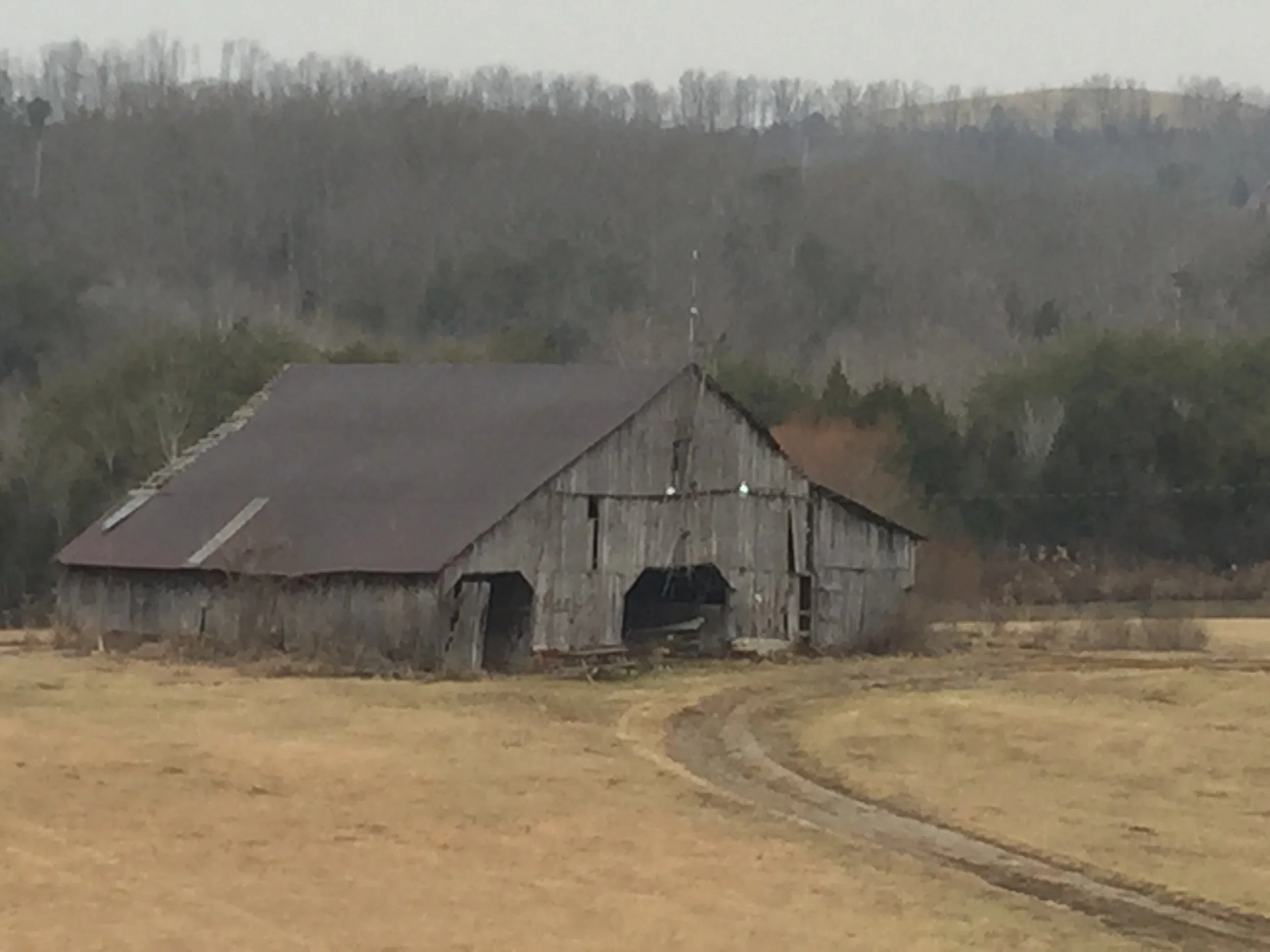In the past week, two writing questions have been posed to me: one by friends and the other by a literary agent. On Monday, when I entered the private room of a restaurant, it took me two seconds to know which seat was mine–the one at the end of the table, easy for me to access because of my gimpy leg. The women sitting around the table had saved it for me. We chatted about families, jobs, trips, houses, bargains, but then a question was posed to me: How did you come up with the idea for your novel?
The question was about Her Phantom Partner, a novel that took me ten years of writing, research, and eighty-eight revisions to tell William’s story. This week I began to query literary agents, hoping to find the right fit for me and my work. As I read agents’ webpages and interviews, one question stood out: What makes you qualified to write his book?
The two question share one answer: I am qualified to write this story because the idea for it demanded I explore where it starts and where it ends up.
The idea for Her Phantom Partner began with my parents, married for nearly fifty years and separated only by death. My father left letters he wrote to my mother about his job, golf, the weather, illnesses, money problems, their children, and his father and mother. I came across a picture of my parents I had taken the year my mother died. She was sixty-eight. It was black and white. The content smile on my mother’s face and adoring look on my father’s led me to ask how a Catholic son and a preacher’s daughter, married during the Great Flood of 1937, made it through all this years.
I write to sort my thoughts and did so with their story. Soon, I was writing fiction, no longer my parents’ story but William’s story and how loyalty to one woman shaped his life.
So, why am I qualified to write this story? My father’s letters made it so. I saw in them a deep love underpinned by a persisting loyalty. His words drove me to explore loyalty as the binding element of love in Her Phantom Partner.
The idea for the next novel, in first draft, titled Beyond the Boneyard, came from a writing exercise during a workshop to write about something happening inside an old building. I had recently hiked my cousin’s farm when I came to an abandoned barn by an animal boneyard. I wrote one page about an imagined death in that barn. That nugget of a story nagged me, made me recall the foundation of an old barn in a park near my childhood home. Research led me to the fact that the park had been part of a farm taken over by the government for a World War I Army camp. Now that I had a place, I had to know who had lived and died there. An old farmhand stepped forward. I kept writing. A bastard child, a plot, a mystery about her mother, grew into chapters.
I am qualified to write both of these stories because, through writing, research, and revision, I know the places and met the people living there. I am a storyteller with more ideas to explore. The next idea of a novel comes from a play I wrote about Sir Thomas More’s child. Yes, there is a a beheading and yes, the head is stolen and hidden away.
